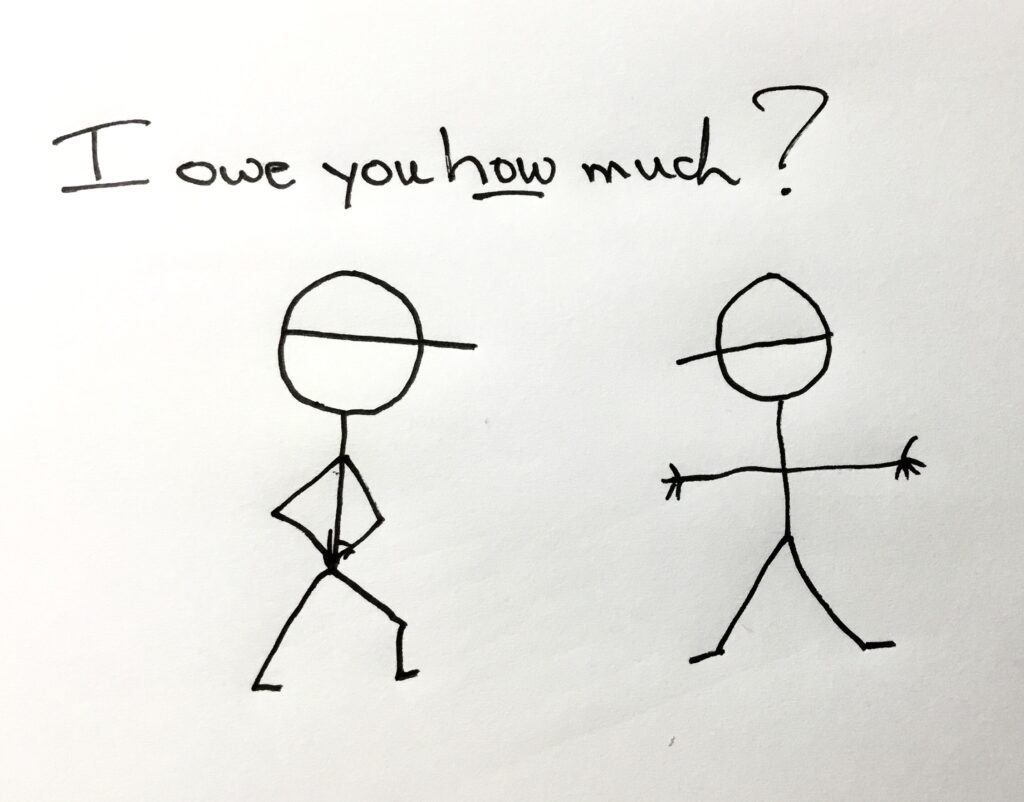
Whenever you hear someone say that, you know it’s almost never true. If it’s a good question, there are gonna be more.
That’s because a question is the beginning of wisdom. It’s the act of saying, “I don’t know something and I think you might be able to help me figure it out.” Well framed, a question helps both the asker and the asked. It might lead somewhere perhaps neither one nor the other expected to go.
There’s no doubt that a question can be ill-purposed, used for the opposite of wisdom, a deliberate ignorance, as if there is only one answer to the question which must by its nature reinforce a particular point of view. When I taught History, I loathed rhetorical questions in essays, warning students that I might answer them in ways they did not expect and the overall effect would be to sink whatever argument they were intended to support. History is about process and research and tentative answers, answers with attendant questions.
Now, on the other hand, conspiracy theories are about rhetorical questions with assumed answers, as if no alternative explanation for a collection of observations could be credible, and the invisible hand of malign forces has to be responsible. Like the moon landings, tracking chips in vaccines, Holocaust denial, and any number of others, they all ask questions and ignore the answers. Deliberate ignorance.
Even good questions can be irksome, of course, for those who would prefer they not be asked. The most annoying man in classical Athens had to be Socrates, whose entire process was to ask questions, to try to establish if so-called wise men were as wise as they thought. His questions usually demonstrated ignorance, inconsistencies and outright lies fairly quickly. It didn’t make him a lot of friends except among the young, who revelled in the unmasking of hypocrisy in the Athenian establishment. So, the establishment arranged his death, by means of the particular vagaries of Athenian democracy, of course. If the death of Socrates doesn’t force some useful questions about the weaknesses of democracy, then you’re missing the whole point of Socrates.
Not that I should say my name and Socrates’ in the same breath, but I need to get to the point of me and this. I am in the final stretch of my latest novel. This is number six and I have begun to see that the only way I can finish it is to keep the central question, the reason why I want to tell the story, in my head at all times.
What do we owe each other?
What do we owe ourselves?
Those are kind of the same question, but I think they deserve discreet treatment. I have asked them in a particular order for a reason, too. And having asked them of all my characters, and having let the characters answer them in their own ways, I hope that the end will not be an answer from me, but a collection of answers. It’s going to be a humanistic collection, of course, because I am who I am. No higher power will have to sign off.
And the answers will, in large part, be a bunch more questions.
But better questions.

If a question is true, kind, and necessary, is there space for it to be uncomfortable too?
This went into my Spam folder … yikes!
Uncomfortable questions are often the best ones.
Speaking truth to power is all about uncomfortable questions.